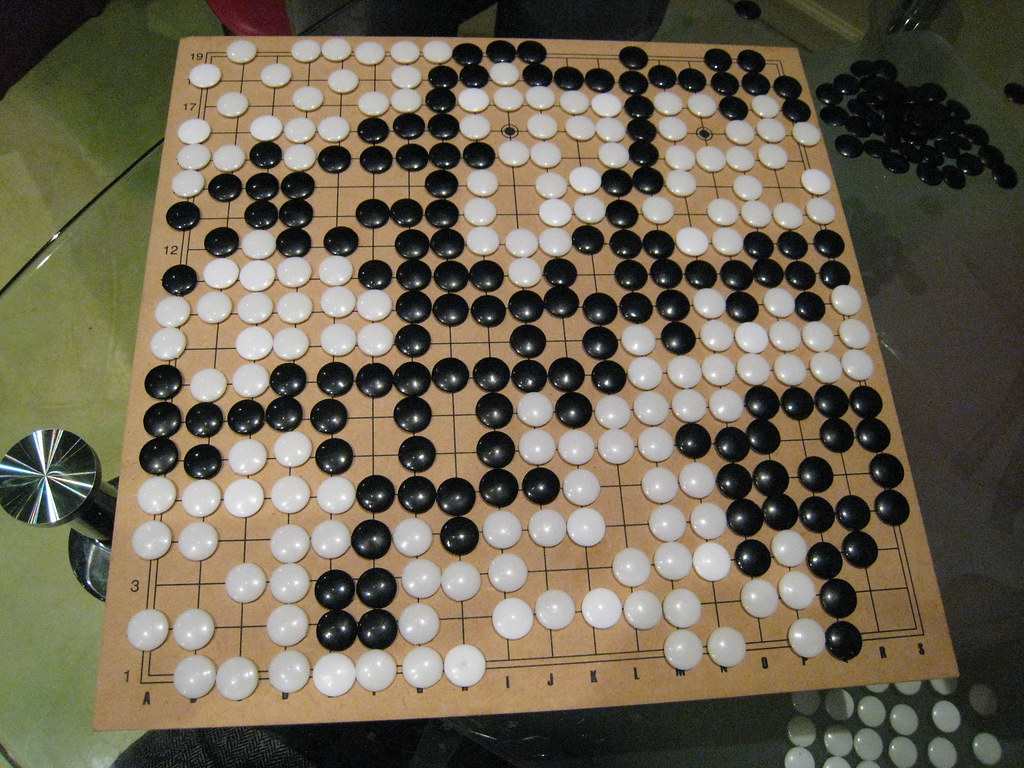Several years ago, and I don’t recall exactly when, I wrote an entire Twelve Mile Circle article without using a single Google tool. I found it incredibly frustrating, nearly impossible. The article got buried somewhere in the archive and I don’t remember the title. Just trust me. I didn’t enjoy it. Apparently I didn’t learn my lesson that first time so I decided to try it again.
I don’t mind Google in general and I’m not trying to bash it. However, my 12MC investigations do produce some rather mistargeted advertisements because of my unusual search patterns. As an example, I’m currently getting lots of ads for “Official Detroit Red Wings Apparel,” no doubt because of King Boring and the Detroit Gems. I’ll never purchase any of that stuff. Those advertisements are completely wasted on me. Google’s all-knowing algorithm thinks differently.
Well, as I considered the situation further, the DuckDuckGo search engine seemed to be improving. It also famously doesn’t track its users. Maybe I could repeat my “Google avoidance” experiment. Let’s give it a try, shall we?
Duck

The Town of Duck in North Carolina sat at the northern end of the Outer Banks, snuggled up against Virginia (map). Lots of people I know own vacation homes there. Middle class people can afford these homes by renting them out for most of the summer. They enjoy their beach homes for a couple of weeks during prime season and then of course anytime during the off-season. That model doesn’t really work for me though. I liked to wander and count counties. Even so I drove to the Outer Banks in 2012 and enjoyed it just fine. I could see why people might want a second home in Duck if they preferred to relax on a beach.
Duck didn’t have much of a history because it’s only existed as a town since 2002. Prior to that it wasn’t much more than a strand of houses along the ocean. The population ebbed and flowed in the predictable manner too. A few hundred people lived there year round, joined by twenty thousand-or-so between Memorial Day and Labor Day.
Some of us living on the eastern side of the United States might have heard about Duck for another reason. A little shop called Duck Donuts began there and has been spreading regionally. It’s always funny to see a Duck Donuts shop when it’s disconnected from the geographic source of its name. I imagined a doughnut literally made from a duck. Nonetheless, the shop simply carried the name of its hometown on the Outer Banks as it expanded.
Duck

Duck also existed considerably inland, in the rugged interior of West Virginia (map). Wikipedia considered the origin of the name “obscure.” Come on, someone saw a duck and named the town accordingly. Mystery solved.
Whoever founded the hamlet chose a scenic spot along the Elk River on the border between Clay and Braxton Counties. In this place, “rugged, laurel-covered hollows dart back from the narrow river valley, and level land is at a premium.” It didn’t have much else in the way of significance although it qualified for its own post office. That counted for something. The Elk River continued onward past Duck on its way to the Kanawha River, then into the Ohio and Mississippi, towards the Gulf of Mexico. Elk and Duck. They liked animals and they kept it simple.
Duck had a better name than another community nearby called Booger Hole. On the other hand, Booger Hole had a better story, considering the murder spree that happened there about a hundred years ago.
Go

I found only a single Go, a small village in Ghana (map). The GeoNames site provided its exact location and offered multiple name variations: “Go, Gogo, Goo Abokobisi.” The spot fell at the very northern extreme of Ghana, nearly all the way up to Burkina Faso. Other than that, Go seemed to leave behind few digital traces anywhere on the Intertubes. I ran it through DuckDuckGo and the first two recommendations involved the band Goo Goo Dolls. It also suggested its rival, Google. D’oh!
Vietnam provided some possibilities albeit not for Go as a standalone name. Go appeared frequently either as a prefix or as a suffix, with various accent marks above the letter “o.” None of them seemed particularly remarkable.

Results improved dramatically with the addition of a single letter, creating Goa (map). Nearly 1.5 million people lived in this smallest and wealthiest of Indian states. The Portuguese ruled Goa for four and a half centuries. Then an independent India siezed Goa by force in 1961. Later Goa became its own Indian state in 1987. Its economy depended on tourism, especially for its Portuguese influences and its amazing beaches on the Arabian Sea.
The Verdict
I found it a lot easier to research a 12MC article without using Google this time. DuckDuckGo could probably substitute for Google’s search capabilities. It came surprisingly close to replicating its functionality. However I found it difficult to replace many of Google’s other services. There were parts of this article where I desperately wanted to turn to Google Maps, Books, and Translate. Google’s YouTube video capability would have come in handy too.
I guess I’ll live with Detroit Red Wing advertisements for awhile longer.

Leave a Reply